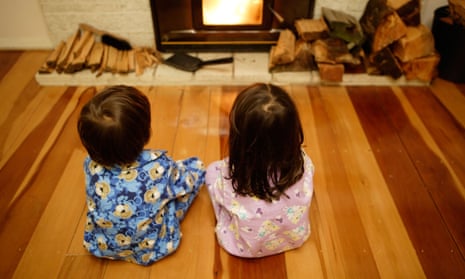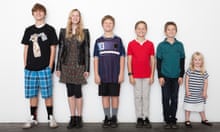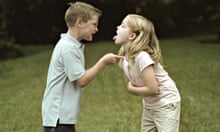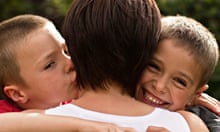They may be jokingly referred to as PFBs – precious first borns – on popular parenting websites, but a study says first-born children really do reap the benefits of being number one.
Research by the University of Edinburgh has found that first-born children have superior thinking skills to their younger siblings because they get more mental stimulation from their parents.
While the study found that parents give all their children the same levels of emotional support, the first-born generally received more help with tasks that develop thinking skills.
Economists at the University of Edinburgh, Analysis Group and the University of Sydney examined survey data collected by the US Bureau of Labor Statistics and found that first-borns scored higher than siblings in IQ tests as early as age one.
The study, published in the Journal of Human Resources, observed nearly 5,000 children from pre-birth to age 14, with children assessed every two years.
Researchers said the findings went some to way explaining the so-called birth order effect – which means children born earlier in a family have better wages and higher levels of education later in life.
First-born children scored higher on tests including reading, matching letters, names, reading single words aloud and picture vocabulary tests.
Researchers also gathered information on environmental factors such as family background and economic conditions.
The study found parents changed their behaviour as they had more children, giving less mental stimulation and taking part in fewer activities like reading with the child, crafts and playing musical instruments. Mothers also took part in more risky behaviours such as smoking during pregnancy with subsequent children.
Dr Ana Nuevo-Chiquero, of Edinburgh University’s school of economics, said: “Our results suggest that broad shifts in parental behaviour are a plausible explanation for the observed birth order differences in education and labour market outcomes.”
The research suggests the advantages start early – with children showing increased ability from just after birth to three years of age. The differences increased slightly with age, and were revealed in test scores that measured verbal, reading, maths and comprehension skills.
First-borns do have some disadvantages, however. A study published in 2015 suggested that they were up to 20% more likely to develop short-sightedness than their younger siblings.





Comments (…)
Sign in or create your Guardian account to join the discussion